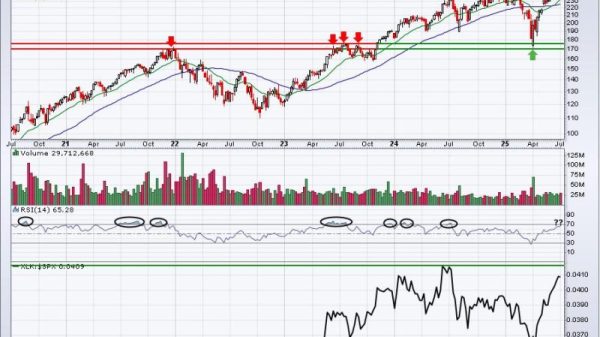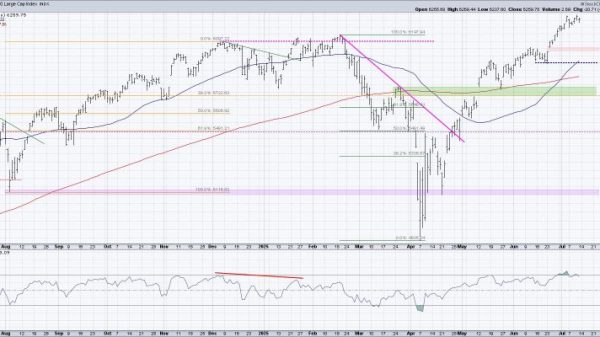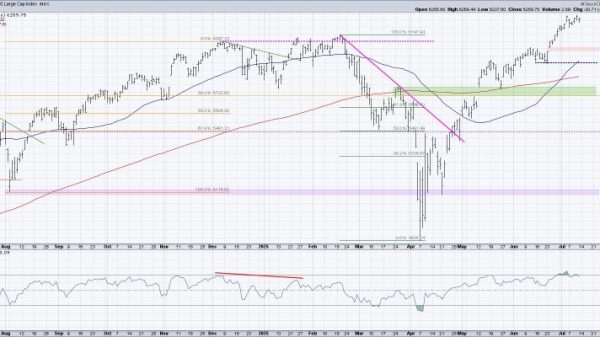In today’s consumer-driven society, it is becoming increasingly common for individuals to rely on credit cards as a means of financing their purchases and covering their expenses. According to a recent study, the average consumer now carries a substantial amount of credit card debt, totaling $6,329 on average.
This growing trend of consumers relying on credit cards to maintain their lifestyles has raised concerns among financial experts and policymakers. The ease of accessing credit, coupled with widespread advertising and marketing campaigns promoting credit card usage, has contributed to a significant increase in the amount of debt carried by individuals.
One of the key factors driving this trend is the allure of convenience and instant gratification that credit cards offer. With just a swipe or a tap, consumers can purchase goods and services without having to worry about immediate payment. This convenience has made credit cards an indispensable tool for many individuals, enabling them to make purchases that they might not otherwise be able to afford.
However, the convenience of credit cards comes at a cost. High interest rates and fees associated with credit card debt can quickly accumulate, making it difficult for consumers to pay off their balances in full each month. This can lead to a cycle of debt where individuals are constantly struggling to keep up with payments and accruing more debt in the process.
In addition to the financial burden of credit card debt, there are also psychological implications to consider. The constant pressure of managing debt can take a toll on individuals’ mental health, leading to stress, anxiety, and feelings of overwhelm. This can further perpetuate a cycle of overspending and relying on credit to cope with financial pressures.
To address the issue of rising credit card debt, it is important for individuals to take proactive steps to manage their finances responsibly. This includes setting a budget, tracking expenses, and avoiding unnecessary spending. By being mindful of their financial habits and making conscious decisions about their purchases, consumers can avoid falling into the trap of excessive credit card debt.
Financial education and literacy are also essential in empowering individuals to make informed decisions about their finances. By understanding the implications of credit card debt and the importance of responsible spending, individuals can take control of their financial health and avoid falling into the vicious cycle of debt.
In conclusion, while credit cards can offer convenience and flexibility, it is important for consumers to be mindful of the potential risks associated with excessive credit card debt. By adopting good financial habits and seeking out resources for financial education, individuals can avoid the pitfalls of debt and achieve greater financial stability in the long run.


































